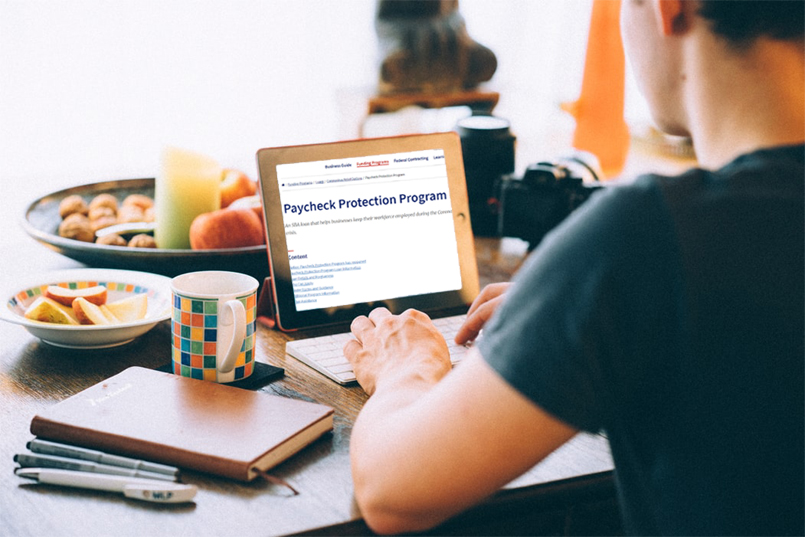The U.S. Small Business Administration recently published data on Paycheck Protection Program loans granted during the global COVID-19 crisis to incentivize companies to keep their employees on payroll during the economic recession. When the data was released, it revealed that several esports organizations, including FaZe Clan and Envy Gaming, were approved for such loans, each retaining 70 jobs, respectively, with the proceeds.
The PPP is the centerpiece of the $2T USD economic stimulus Coronavirus Aid, Relief, and Economic Security Act (CARES Act), which was enacted on March 27. PPP loans are administered by the SBA and originated by third-party lenders. Eligible companies can receive up to $10M calculated on average payroll costs at a fixed interest rate of 1% for a two-year or five-year term.
Proceeds of the loans may be used to pay specific business expenses including payroll, employee benefits, rent, utilities, and interest on mortgage and debt obligations. The loans may be forgiven in part or whole if they are used to retain and pay employees, rent, utilities, and interest on mortgage obligations. According to the data provided by the SBA, PPP loans helped esports companies retain more than 600 jobs during the ongoing COVID-19 recession.
Since the SBA released its data on PPP loans, several esports organizations have been criticized for accepting taxpayer money despite being in an industry that is perceived by some to be profiting from the COVID-19 crisis. While there are certainly some entities within the esports ecosystem that saw increased demand due to COVID-19 policies such as organizers of online sim racing events, this is not a fair assessment for the industry as a whole.
Many esports companies are impacted directly by the economic recession and COVID-19 policies. For instance, the two geo-located franchise leagues run by Activision Blizzard, the Overwatch League (OWL) and the Call of Duty League (CDL), show how U.S. esports companies can be affected. Both leagues were supposed to be carried out in a format where teams host a set of games in a “home venue.” Due to COVID-19 policies, both leagues had to be suspended and then shifted to an online format to continue. Consequently, revenue stream opportunities for teams and the leagues were reduced.
In general, tournament and league organizers that build in-person assets had to scale down their operations and lay off staff. In an attempt to avoid staff layoffs, Santa-Monica-based amateur esports events organizer Super League Gaming applied for and was granted a loan worth $1M to $2M to retain 48 jobs. Similar packages of measures were taken by several esports-dedicated venues such as the Esports Arena Las Vegas and its parent company Allied Esports Entertainment as venues had to close down.
Other challenges for esports businesses include the limited availability of capital (which exponentially affects esports startups and high-growth companies), delay of sponsorship deals, hiring new talent remotely, and the restriction of travel.
It should also be noted that being approved for a PPP loan doesn’t necessarily indicate that the approved company used the loan. For example, New York Excelsior and New York Subliners owner ESXL reportedly gave the $350K to $1M it received back in full.

